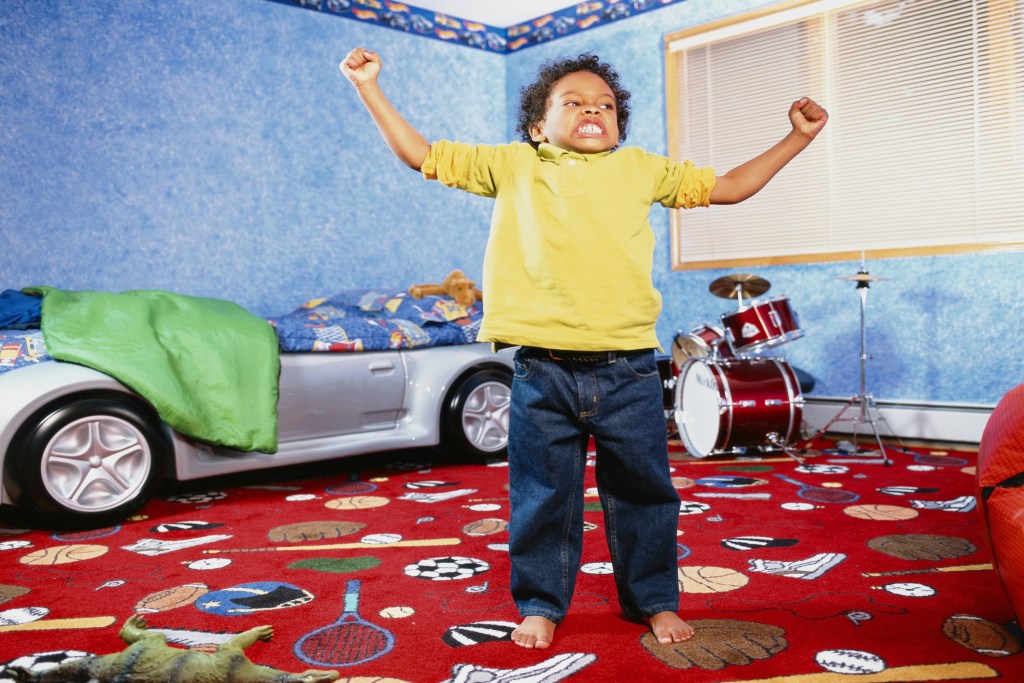If you’re a mother who suffers from postnatal depression, you may be struggling to prioritize your mental health. The demands of being a mother are tremendous, and many women feel they need to put their own needs aside to prioritize that of their children and their family. However, a recent study out of the University of Missouri shows why it’s more important than ever that mothers focus on their mental health. This tells us that maternal depression may negatively impact a child’s development.

How depression can affect response time
This study, which notes the importance that conversation and back-and-forth interaction has on language development, assessed the response time between 104 mothers and children at 14 and 36 months of age. It found that “mothers and children are in sync,” noting that when a mother was quick to respond, so was the child and the same was true when the mother was slow to respond. “The significant new finding was that the moms who were more depressed took longer to respond to their child compared to moms who were less depressed,” noted Nicholas Smith, an assistant professor at the MU School of Health Professions.
The study found that mothers who showcased higher levels of symptoms associated with depression were 11% slower to respond to their children than mothers who exhibited low levels of depression symptoms. This delay in response they found could ultimately impact the child’s language development and “early language experience.”

Behavior issues
This isn’t the only study to show the impact that maternal depression has on a child’s development. A study published in the American Psychological Association followed mothers who self-reported symptoms of depression from birth up to when their child was 5 years old. At the 5-year follow-up, “results suggest that both the severity and the chronicity of maternal depressive symptoms are related to more behavior problems and lower vocabulary scores in children.”
A different study published in the National Library of Medicine also showed that mothers whose “depressive symptoms increased reported more problem behaviors at 3 years.” Further research found that children, assessed at the age of 8, of women who suffered from current mental health problems, as well as postpartum depression, “exhibited the highest levels of psychological problems,” including anxiety and depression, followed by those whose mothers had either postpartum depression or current mental health issues. This study did show that at the age of 8, the children of women who only suffered from postpartum depression were no different from those who had mothers who didn’t suffer from any depression.
Fortunately, society is beginning to really focus on mental health and work to de-stigmatize depression, but there’s still a lot of work to be done. There’s so much pressure on women, especially after childbirth, that many ignore their own needs to focus on their children. Hopefully, increased studies can help healthcare professionals more easily identify women, and by extension their children, who are suffering earlier and provide them with the tools and care they need.
Editors' Recommendations
- Flying while pregnant? This is what you need to know
- The ultimate nursery checklist of everything you need (and nothing you don’t)
- When do pregnancy cravings actually start? The answer may be surprising
- Glass vs. plastic baby bottles: Here’s what doctors have to say
- What is a baby sprinkle (and how to plan a great one)




